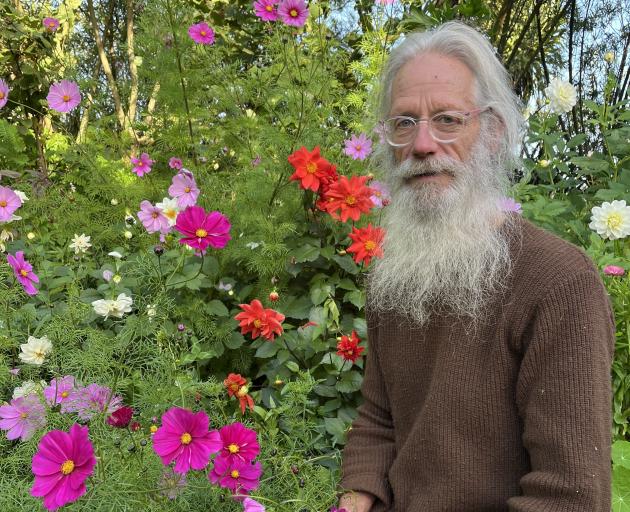
After 12 years on the regional authority, Cr Guyton, of Riverton, is not standing again.
Cr Guyton said he stood for a seat on the regional council because it seemed a voice advocating for the environment was missing.
"From the outside, council decisions seemed always to suit the rural community and largely ignore urban ratepayers and their concerns about environmental health.
"I wanted to even up that inequity."
He did not have the money to put up many billboards, so he fixed two to the back of a small trailer.
For about three weeks he pulled the trailer behind his bike, delivering pamphlets and chatting to people.
"I thought I should start as I mean to go on and be who I really am."
The plan paid off.
"It’s always a challenge for an environmentalist or someone from the green side of the equation to get on to a regional council."
He had always been a cyclist but his use of bicycles had "faded" in the past 12 years.
Cr Guyton and wife Robyn are part of the Riverton Environment Centre and South Coast Environment Society, which provide resources to people wanting to live a more sustainable lifestyle.
"I do have a green philosophy that I adhere to very closely."
When he first joined the council, he understood it was an environmental protection agency.
However, he soon realised it was not.
"What they are is a creature of statute driven by the RMA [Resource Management Act] and we are a resource management agency, which is quite different.
"The RMA calls the shots."
The RMA aside, he still believed there was room to increase environmental and ecological understanding among councillors, which is what he had "relentlessly" tried to do.
"It was more to change the culture in the way the council thought about or embraced more holistic ideas, and I believe that I have been successful in that."
He was quite "different" to most of the other councillors and in the early years that was difficult.
"My progressive and liberal mindset often set me at odds with conservative ideas held by the majority of councillors.
"I learned not to react to provocation and not to provoke unnecessarily."
The highlights of his time on the council had been the interactions with staff, particularly the scientists who were involved in the political side of the organisation.
"All they can do is measure and do their science and then present to the council, and then they’re at the mercy of the governance."
He respected their work.
"They are super-smart people and very sincere."
He preferred to listen to the science rather than lobby groups who had a financial interest in maintaining the status quo.
He also valued the opportunity to work alongside mana whenua and learn something of their world-view.
He spent a few hours wondering whether he had done the right thing not to stand again.
After he slept on the decision, he woke up feeling "liberated".
Leaving the council would free him up to spend more time on projects he was keen on, including a plant nursery.
He has been restoring an old-style bicycle with three gears in his spare time, which he is looking forward to riding once his time on the council is finished.





















